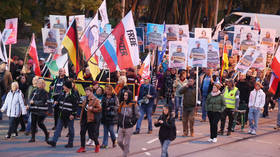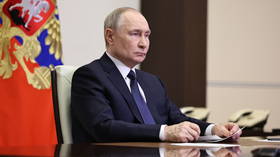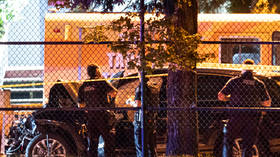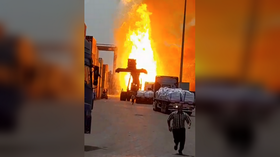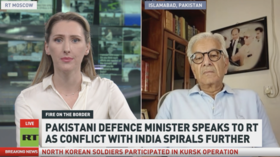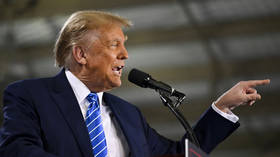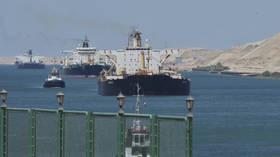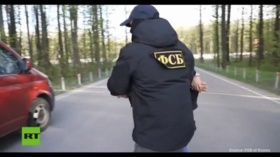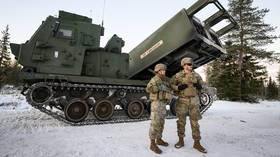Germany settles nuclear plant issue
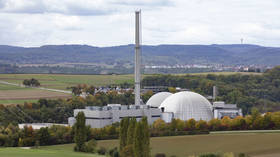
Germany’s last three nuclear power plants will stay open through April 2023, Chancellor Olaf Scholz announced in a statement on Monday. He said he would ask the economy, environment and finance ministries to clear the way legally to extend the plants’ operational lives.
Scholz’s move to keep the Isar 2, Neckarwestheim 2, and Emsland reactors open overruled last week’s decision by Economy Minister Robert Habeck, which would have allowed two of the reactors to stay operational through April, while closing down the Emsland plant. Finance Minister Christian Lindner praised the move, having himself sought to keep all three facilities open through 2024.
All three reactors were initially due to close down at the end of 2022, but faced with a potential shortage of gas for the winter, Berlin is rapidly rethinking its relationship with nuclear power. EU-wide sanctions have severed Germany’s commercial links to Russia, previously its largest gas supplier, and the sabotage of the Nord Stream 1 and 2 pipelines last month rendered the rupture literal as well as metaphorical.
The resulting price surge has catapulted Germany towards recession, with winter threatening to add to the pain for the 50% of German households heated by natural gas. Nearly 40% of those surveyed last month said they would be unable or struggle to pay their energy bills for the winter, and while the government recently volunteered to pay every citizen’s gas bill for December, the German Federal Network Agency warned that a failure to cut back on usage by at least 20% would almost guarantee a gas shortage this winter. With current usage running 14.5% higher than normal, the population has a long way to go.
Germany made the decision to phase out nuclear power following the Fukushima disaster in Japan in 2011. All of the country’s nuclear plants were scheduled to be shuttered by the end of the year before the EU cast Germany’s energy security into question with its sweeping sanctions regime.
While Germany’s gas storage facilities are 95% full as of Monday, its grid operator has warned even this may not be enough to make it through the winter. Grid operators had urged Berlin to keep all three nuclear plants up and running through the cold months in order to avoid any shortages.
